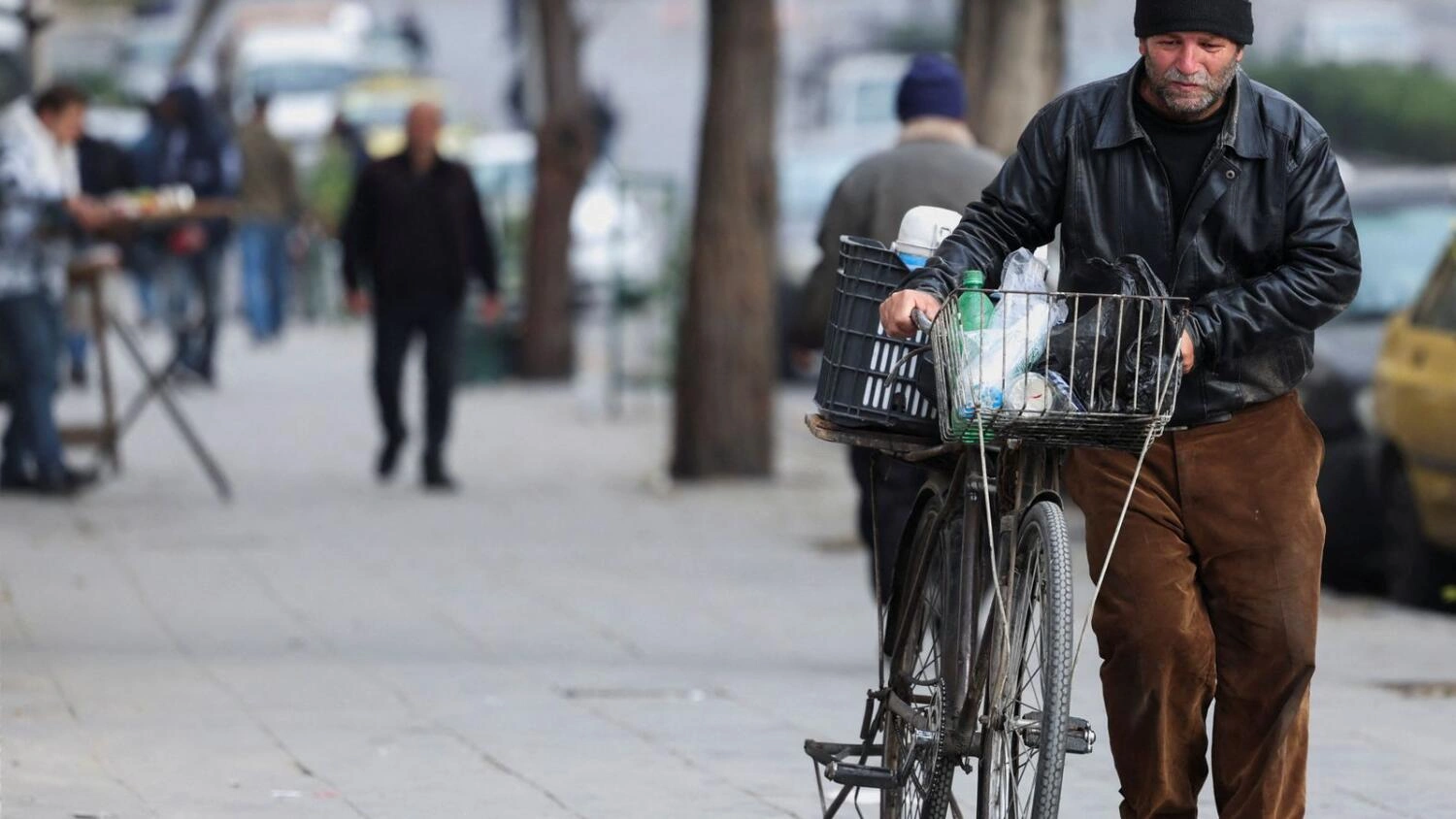Life in Damascus is slowly returning to normal as people cautiously step out into a city transformed after the removal of long-time president Bashar Al Assad.
“We were a little worried, but since Sunday, we are no longer afraid,” shared Lina Al Ostaz, referring to the day the Syrian capital fell to a coalition of Islamist-led rebel groups.
An 11-day offensive led by Hayat Tahrir Al Sham (HTS) and allied forces ended over 50 years of Assad family rule.
Lina, stepping out of her home for the first time since the offensive, went shopping in central Damascus on Tuesday. Walking through the market with her husband, she exchanged smiles with other shoppers and passersby.
“We Syrians love life, and it must go on,” said the 57-year-old. After a moment of hesitation, she added that she was once arrested by government forces in 2015. “I hope the future will be better for our youth.”
After decades of repression, Syrians are now expressing themselves more openly. In Qassaa, a Christian-majority area, cafes are once again busy with customers smoking shisha and playing cards.
“We were so scared,” said 64-year-old doctor Rania Diab. “But we encouraged each other to go out and try to resume normal life.” She ventured out to meet friends at a cafe for the first time since the changes began.
Still, Rania remains cautious. “We go home early. The situation is not entirely clear yet,” she said, adding, “My only wish is to live freely, with security and freedom of opinion.”
The curfew in Damascus, previously starting at 5:00 PM, now begins at 9:00 PM, allowing residents more time to move about the city.
Across the capital, portraits of Bashar Al Assad have been removed. In their place flies the green, white, and black flag of the revolution, replacing the red, white, and black flag used since the time of Assad’s father, Hafez.
In Umayyad Square, spent bullet casings scatter the ground as revolutionary songs echo across the area. Armed rebel fighters, wearing fatigues and masks, now patrol the streets, filling the void left by regime soldiers and police who abandoned their posts on Sunday.
At the police headquarters in Damascus, officers from the Idlib-based rebel government led by Mohammad Al Bashir, now head of Syria’s transitional government, have begun taking control. A man identifying himself as the new police chief shared plans to ensure the security of government buildings and maintain order in the capital.
In the upscale Malki neighborhood, residents have returned to outdoor cafes, while young people gathered for a spontaneous demonstration, dancing to songs from the 2011 uprising.
The civil war that followed the government’s violent crackdown on peaceful demonstrations in 2011 claimed more than 500,000 lives and fragmented Syria.
In the historic Bab Touma neighborhood, known for its Christian community, bars remain closed, and restaurants have refrained from serving alcohol as residents await clarity on new rules under the city’s new leadership.









